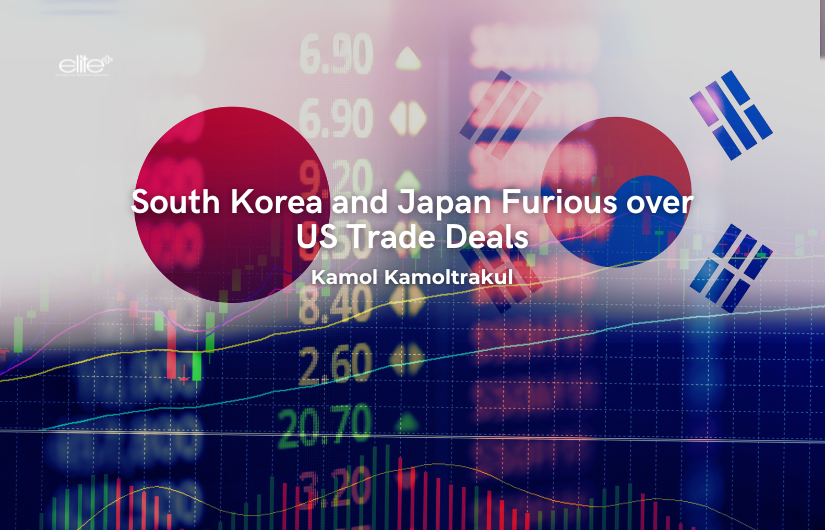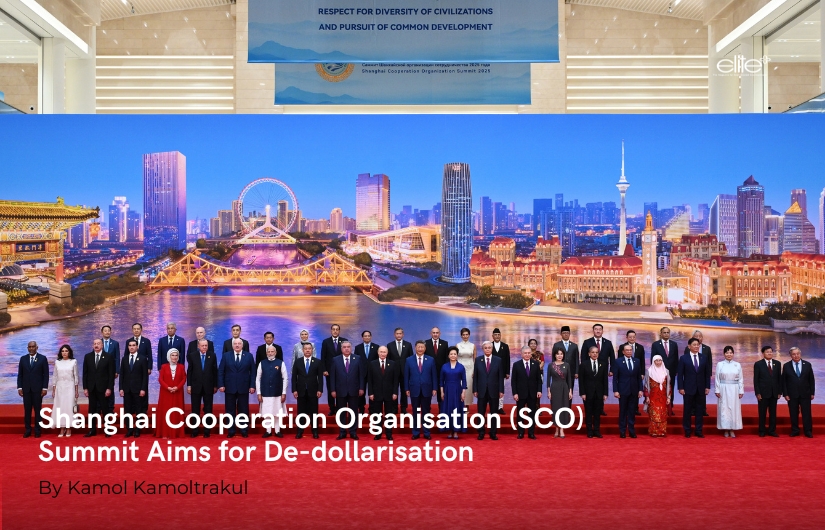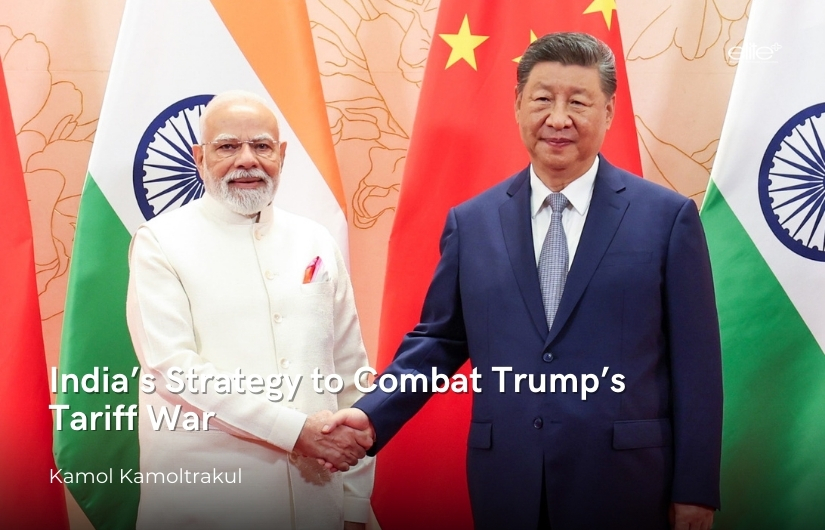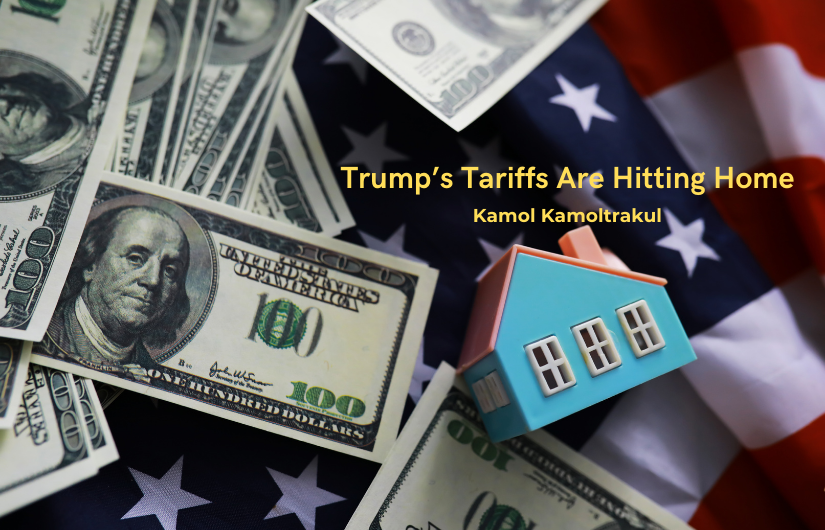BRICS - The Rise of a Multipolar World
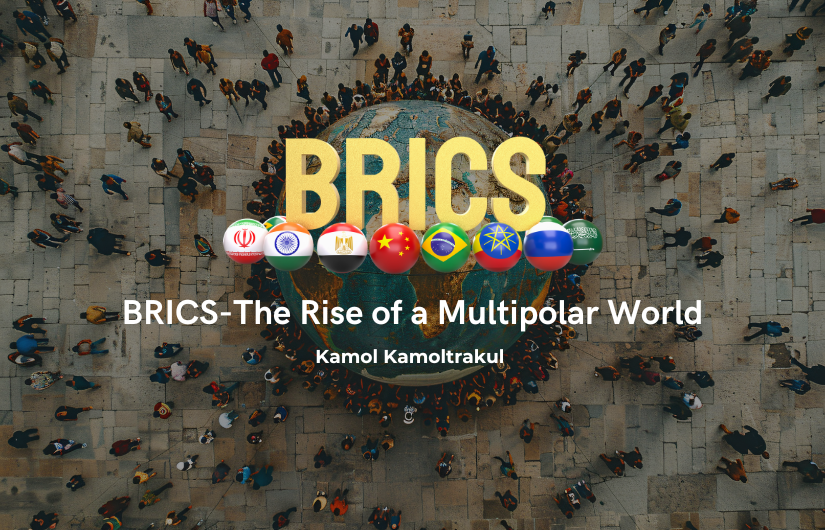
The 17th annual BRICS summit was held in Rio de Janeiro, Brazil, on 6 and 7 July 2025. It was a follow up of the agenda of the last BRICS Summit held in Kazan, the capital of the Tatarstan Republic in western Russia last year.
Brazilian President, Luiz Inacio Lula da Silva, underscored the importance of BRICS as he said it should strengthen free trade and multilateralism. While addressing the BRICS meeting, he went on to say, “Resorting to unilateralism undermines the international order. In the face of polarisation and the threat of fragmentation, the consistent defence of multilateralism is the only path we must follow.”
This meeting brought together leaders from Brazil, Russia, India, China, South Africa and the newly admitted members: Egypt, Ethiopia, Iran, Saudi Arabia and the United Arab Emirates. The summit provided a platform for these nations to discuss and collaborate on various issues, including global health, development, climate change, artificial intelligence governance, trade and the reform of global security and financial institutions. The summit also addressed the challenges posed by protectionist trade measures, expressing concerns about the rise of unilateral tariffs and non-tariff measures. Thus, it seems BRICS is trying to challenge US President Trump’s “America First” policy and the unilateralism of the old world order.
One of the key outcomes of the summit was a joint declaration, titled "Strengthening Global South Cooperation for a More Inclusive and Sustainable Governance", which reaffirmed BRICS' commitment to multilateralism and call for reforms of international institutions, like the United Nations Security Council, World Bank and International Monetary Fund, to better reflect the changing global order. The summit also focused on the potential to reduce dependence on the US dollar and create alternative frameworks for trade and reserves.
Analysts said, as BRICS expands and asserts itself on the world stage, it embodies the Global South’s push for a more multipolar order, challenging Western dominance and reshaping international power structures.
BRICS is challenging the established international order in three ways. The first is through an independent economic system that will heavily influence the global market. The second is with an artificial intelligence governance framework that would jeopardize privacy, accountability, transparency and human rights. Third is the military-regional security alignments that could change the balance of power in regions vital to US national security interests.
In the last four decades, the old world economic order has been dominated by the United States and Western institutions. Trump ‘s ‘America First’ policy has been shifting away from traditional foreign policy approaches that emphasise multilateralism and global leadership towards a more inward-looking and transactional approach that focuses on advancing specific American interests.
Experts say, ‘America First’ is a foreign policy doctrine that prioritises the interests of the United States over those of other nations. It emphasises national sovereignty, economic self-reliance and a more selective approach to international engagement. This approach often involves reducing involvement in international agreements and alliances perceived as detrimental to American interests as Trump’s reciprocal tariff and trade policy bypasses WTO rules and free trade principles.
In February 2025, newly inaugurated US President Trump stated, “BRICS states are trying to destroy our dollar. They want to create a new currency. So, I’m saying any BRICS state that even mentions the destruction of the dollar will be charged a 150% tariff, and we don’t want your goods.”
President Trump has claimed that BRICS is “fading out fast” while warning that any attempts by the group to challenge the US dollar will be met with a harsh economic backlash. Speaking at the White House, Trump denounced what he called BRICS’ attempts to weaken the dollar. “They want to try and take over the dollar, the dominance of the dollar... And I say, anybody that’s in the BRICS consortium of nations, we're going to tariff you 150%.”
In addition, Trump stressed that Washington will spare no effort to preserve the dollar’s hegemony. “Our reserve currency is important. You know, if we lose that, it would be like losing a World War.”
“Washington can never let anyone play games,” Trump said, adding that he has decided to “hit them [BRICS] very, very hard.”
Trump also claimed his threat to impose extra 150% tariffs on imports from BRICS members had completely derailed the group’s summit in Rio de Janeiro earlier this month. “They had a meeting the following day and almost nobody showed up,” he said.
However, Russia and China have long been pushing for an alternative economic architecture. After the imposition of sanctions against Russia — in the aftermath of the Russia-Ukraine war, Russia and several other countries have repeatedly spoken against the ‘weaponization’ of the US dollar. While speaking at the Kazan BRICS Summit, Russian President Vladimir Putin said, “The dollar is being used as a weapon. I think this is a big mistake by those who are doing this.”
Russia and China, along with nations like Iran, have also pitched for an alternative BRICS currency. There is a strong geo-political dimension in the approach of both Moscow and Beijing towards “de-dollarisation” as well as a potential BRICS currency. China's de-dollarisation push has actually reached unprecedented levels in 2025, and global dollar reserves are now collapsing to a historic 47% downturn. The coordinated BRICS currency strategy has triggered what’s being called the most dramatic US dollar decline since 1973 as the global reserve shift accelerates beyond all expectations.
The original five BRICS nations have a combined GDP of around USD 28.5 trillion. The expanded BRICS+ group, which includes the new members, has a combined GDP that surpasses that of the G7. The BRICS economies represent about 44% of the global economy when measured by purchasing power parity (PPP), according to the Geopolitical Economy Report. The expanded BRICS+ generates 36% of global GDP. BRICS+ accounts for almost 30% of global oil production. BRICS contributes up to 45% of global agricultural products. The BRICS economies account for around 45% of the world's population.
Hence, some analysts say, the global order is now being reshaped as emerging economies and once peripheral nations challenge the status quo. By seizing on political, social and economic fractures in Western democracies, the so-called Global South is no longer a passive participant but an active driver of change. Their rapid economic growth, political assertiveness and growing democratic weight have become crucial factors that compel a re-evaluation of the traditional Western-centric worldview.
Meanwhile, BRICS has expanded its intragroup trade by close to 200%—at the expense of imports from the G-7—in response to US tariffs and the war in Ukraine.
So, it now appears to many that the era of the unipolar world is coming to an end, but the question is when?

Kamol Kamoltrakul 39 Posts
Visiting lecturer: Navy Academy Institution, NIDA, School of Governor, Ministry of Interior, Chulalongkorn University, Former Lecturer, ABAC Honorary Advisor Trade and Industry Committee Senate. Senior advisor, Standing Committee on Finance and Banking, The House of Representative. Former Advisor to the Minister of Interior Board Member of ThaiPBS Board Member Of Thai Consumer Council Columnist : Prachachart Business Weekly, Matichon Weekly, Khom Chad Luke Daily Former Program Director Asian Forum for Human Rights and Development ( FORUM-ASIA).




